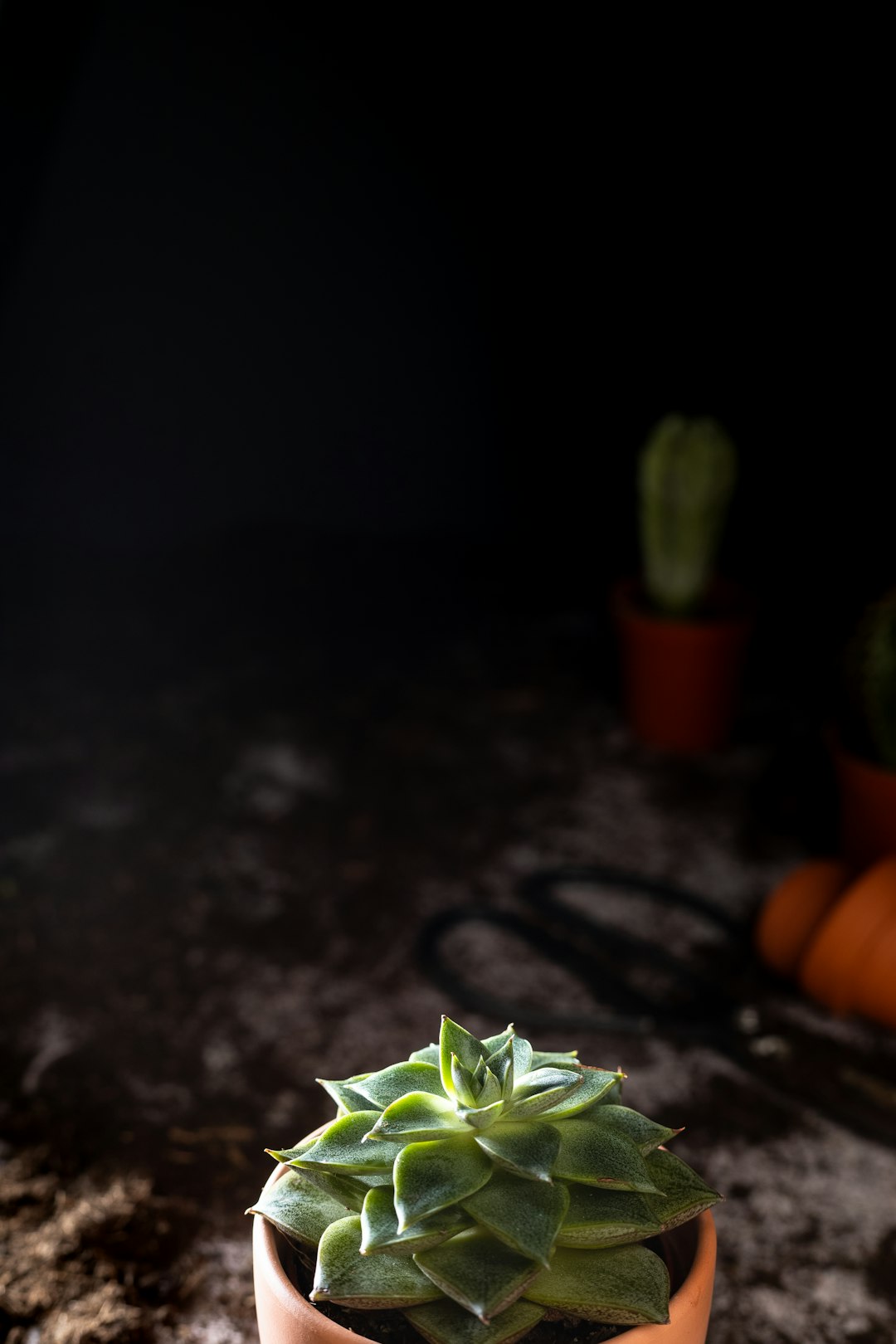
Unleash Your Green Thumb: Exploring the Best Soil for Your Houseplants
Share
Whether you have a penchant for quirky indoor plants or are simply looking to grow your own food, understanding the right soil to use is crucial for the success of your gardening endeavors. Soil provides the necessary nutrients, retains moisture, and serves as the groundwork that helps plants flourish. In this guide, we'll dive into the best types of soil for your houseplants, ensuring you have the right foundation for your green army to thrive.
The Importance of Soil for Indoor Plants
Many gardeners often underestimate the critical role soil plays in nurturing indoor plants. A great potting mix not only nourishes but also supports your plants, keeping them healthy and vibrant. An essential factor to consider while selecting the perfect soil is the type of plant you’re cultivating. Let’s explore different soil types that cater to diverse plant needs and preferences.
Types of Soils for Quirky Indoor Plants
Quirky indoor plants can be a fun addition to your living space. From unique leaf shapes to unusual colors, they are sure to make a statement. However, these special plants often require different soil compositions to thrive. Here are some recommended soil types:
- Cactus Mix: Ideal for succulents and cacti, this mix is fast-draining and prevents root rot.
- Orchid Bark: Perfect for epiphytic plants like orchids, adding air circulation and drainage.
- Potting Soil: A general-purpose blend suitable for most indoor plants, offering a good balance of moisture retention and drainage.
Managing Drainage and Aeration
Drainage and aeration are two significant factors that can impact the health of your indoor plants. Overly compacted soil can suffocate the roots, while too much drainage can lead to nutrient loss. To achieve the ideal balance:
- Add Perlite or Vermiculite: These lightweight materials increase drainage and aeration in your potting mix.
- Use Mulch: Organic mulches can help retain moisture while allowing air to circulate.
- Consider the Pot Material: Clay pots or terracotta allow moisture to evaporate, which is great for plants that prefer drier soil.
Special Soil Requirements for Specific Plants
While many indoor plants may thrive in standard potting soil, some require more specific mixtures. If you're venturing into diverse categories like bonsai trees or lush ferns, you’ll need to take an extra step in soil preparation. Below are plants requiring specific mixes:
Bonsai Trees
Bonsai gardening is both an art and a science. The soil plays an integral role in shaping a bonsai’s growth and overall health. Choose a soil mix that:
- Is Lightweight: This allows for better airflow and prevents root compaction.
- Is Well-Draining: Select a mix that allows excess water to escape quickly to prevent root rot.
- Provides Nutrients: A blend of organic materials such as compost can be beneficial.
Ferns
Ferns are unique in their soil requirements. They prefer a soil that retains moisture but also allows for proper drainage. Here's what to consider:
- Use Moisture-Retaining Mixes: Incorporate materials like coco coir or peat moss to keep the soil damp.
- Add Sand: A bit of coarse sand can improve drainage while retaining moisture.
The Role of Compost in Soil Preparation
No discussion about soil would be complete without addressing compost. Adding compost to your potting mix can significantly boost its nutrient profile. Here’s why compost is vital:
- Nutrient Enrichment: Compost is a natural fertilizer that provides essential nutrients for plant growth.
- Improves Soil Structure: Adding compost can enhance the texture of your soil, promoting better aeration and drainage.
- Microbial Activity: Compost introduces beneficial microbes that help in nutrient absorption.
Creating Your Own Potting Mix
Why settle for store-bought soil when you can craft the perfect potting mix at home? Tailoring your own soil mix allows for greater control over its composition and performance. Here’s a simple recipe that you can follow:
- Base Mixture: Combine equal parts of potting soil, perlite/vermiculite, and coco coir.
- Organic Matter: Add in well-rotted compost to enrich the soil.
- Adequate pH: Ensure the pH level is suitable for your plants (normally between 6.0 – 7.0).
Experience the Success of Your Garden
Every plant has its unique needs, and understanding these can make a world of difference in your gardening experience. By choosing the right soil for your quirky indoor plants, bonsai, or even your edible garden, you set the stage for healthy growth and blooming success. Every gardener knows that a well-nurtured garden is a reflection of their care, patience, and expertise.
Keep Experimenting for the Best Results!
Gardening is a journey of exploration. If you find that a particular plant isn't thriving, don’t hesitate to experiment with soil mixes, drainage solutions, and potting techniques. With some trial and error, you’ll become adept at providing the perfect environment for your plants to flourish.
It's Time to Dig In!
As you embark on your gardening venture, remember that the right soil is the foundation of success. Whether you keep quirky indoor plants, create stunning arrangements in pots and planters, or cultivate your own edible garden, investing time in understanding soil types will pay off in abundant blooms, healthy foliage, and rewarding harvests.
So roll up your sleeves, grab your gardening tools, and get ready to nurture your living space. Happy gardening!
